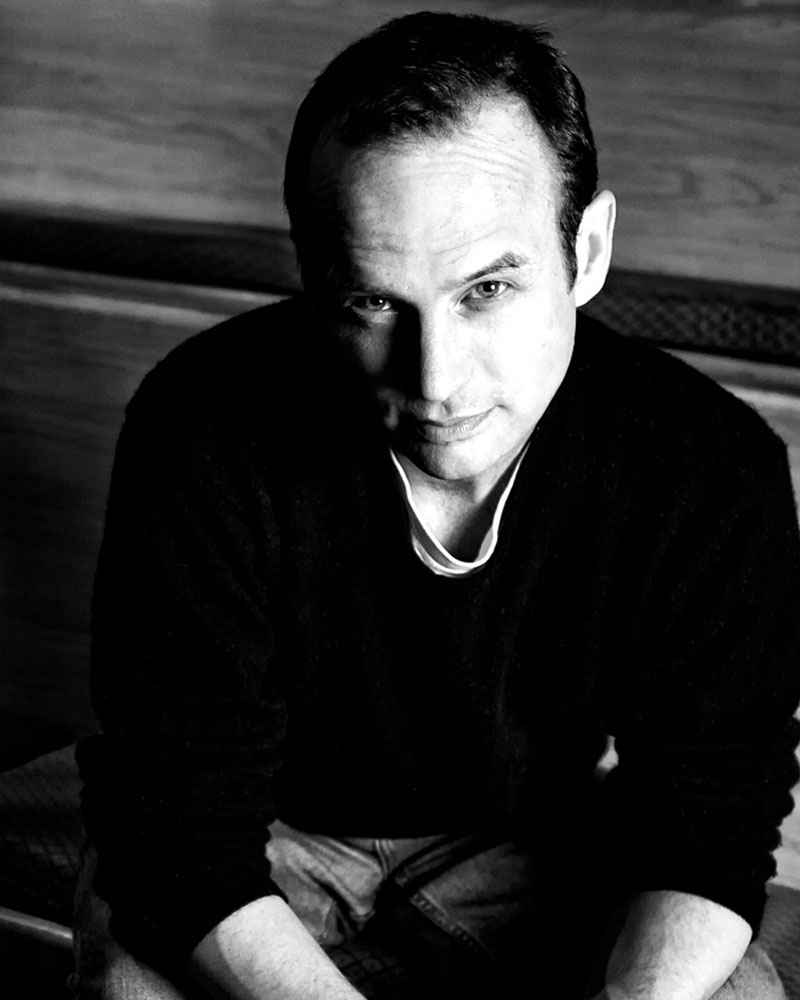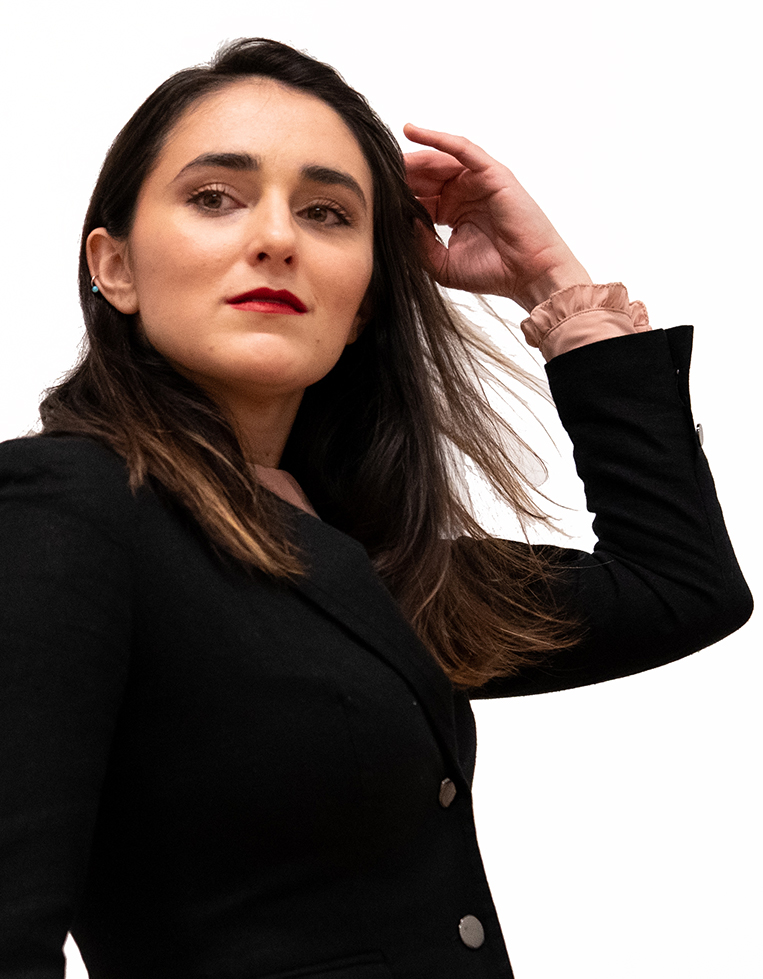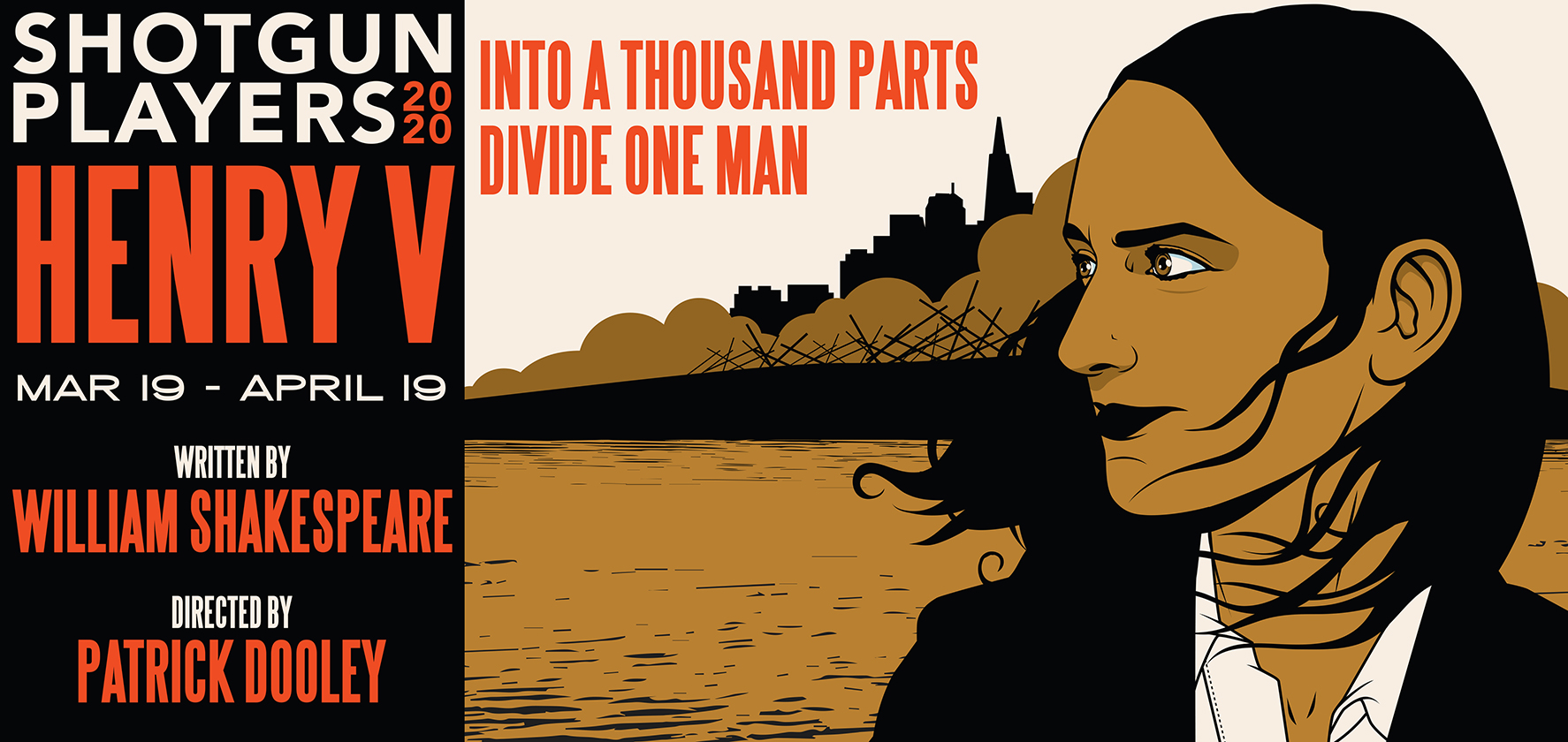A note from Director Patrick Dooley

I read Henry V for the first time in 1988. Over the years, its richness has given me the opportunity to ruminate on many things: the complex dynamics between parents and children, the influence of money in politics, the unequal carriage of justice. Additionally, and in light of our current political moment, the dominant themes of leadership and power, so deeply associated with this play, feel particularly relevant. Adding even more layers, we made decisions regarding gender and casting that presented an even wider range of interpretations.
Lately, this play has also given me the opportunity to think about choices — specifically the difficult ones we make that impact another’s life — and what they have to say about our values and character. So much of our culture is founded on the binary structural choices of good or evil; lead or follow; kill or be killed. The world, and the ineffable nature of Shakespeare’s boundless text, however, keep reminding us that the truth is somewhere in between.
The most consequential choice Henry makes is the one that sets up the main action of the play: the decision to wage war on France. Through this action he soon comes to realize the same brutal sensation “Uneasy lies the head that wears the crown” his father felt when describing the overwhelming weight of leadership in crisis.
And yet… there were choices.
None of us can undo the past, but we can reflect on what got us here. And "we may imagine", as our Chorus implores, another future world of choices beyond our reckoning.
Thanks for being here.
Actor Gabby Battista on Henry V

"Playing Henry V has been the dream role I never thought I wanted. I've never had my eye on the histories because of how male centric and as a result, intimidating they seem to be. I may not know what it's like to be a soldier let alone a king invading countries, but I do know what it's like to suit up as a woman on a daily basis. Through playing Henry, I've been able experience this world of having an incredible amount power that comes with male privilege. It certainly has been an internal struggle between how broken societal standards are, and how empowering it feels to play this role and make the choices I make in this play without ridicule solely for being a woman. I am however, finding a harmonious blend of showing up for the work as I am, and letting Shakespeare's poetical Henry guide me in it's masculine vessel through this female narrative, and I am loving every moment of this expansive collaboration."






